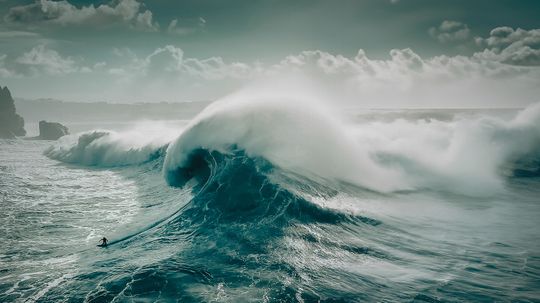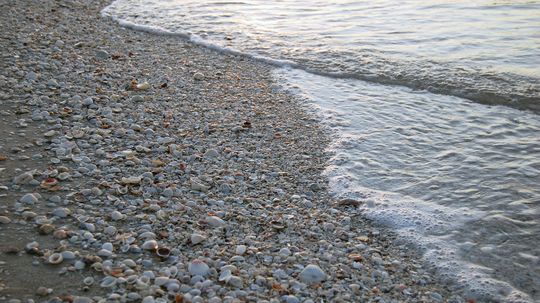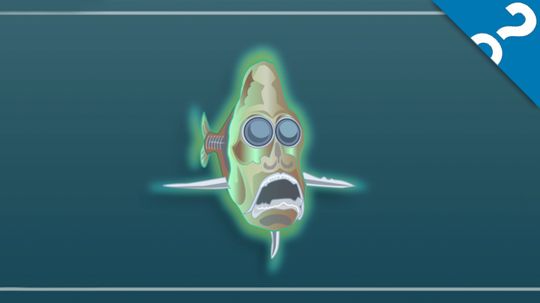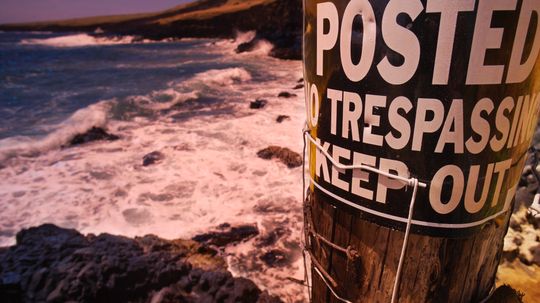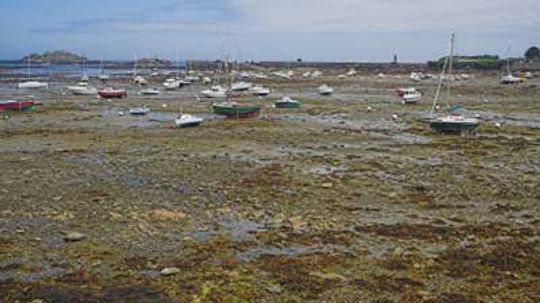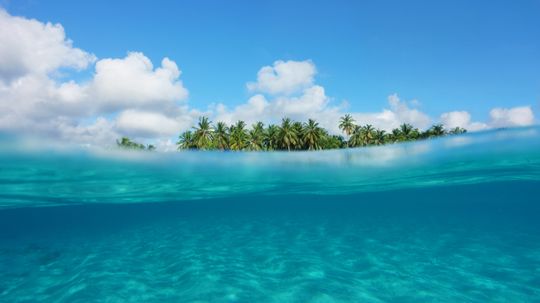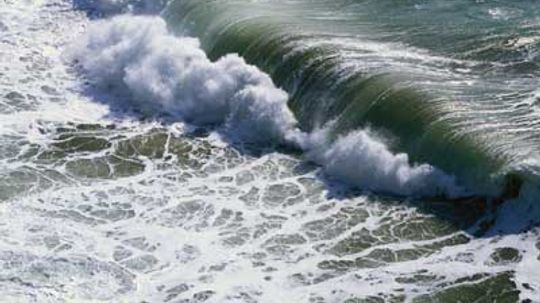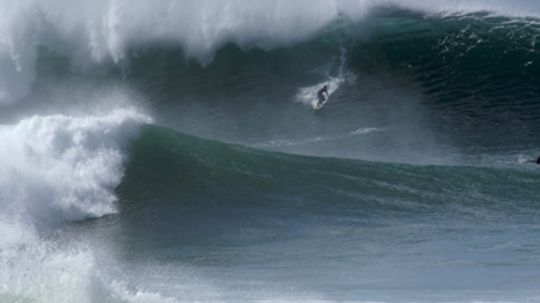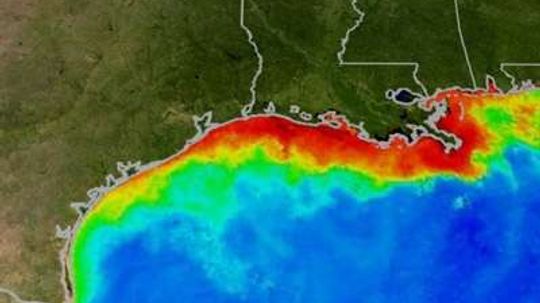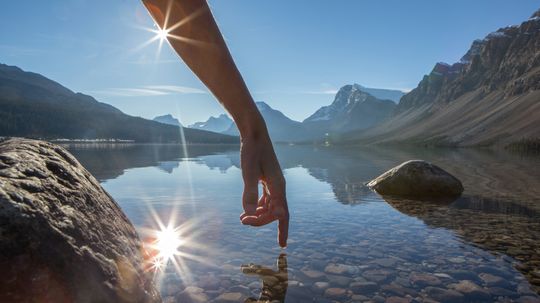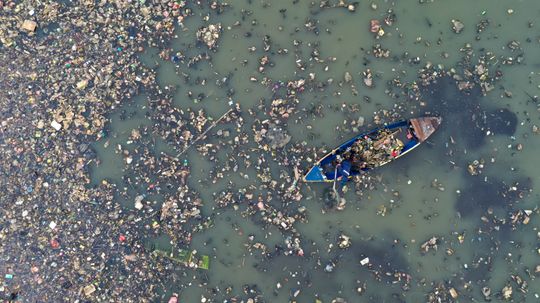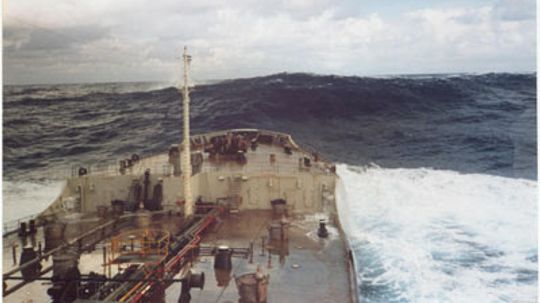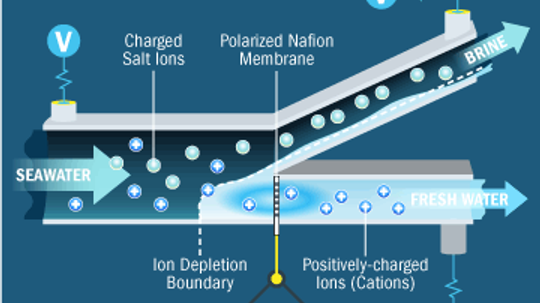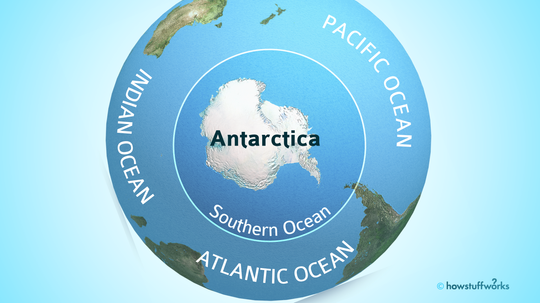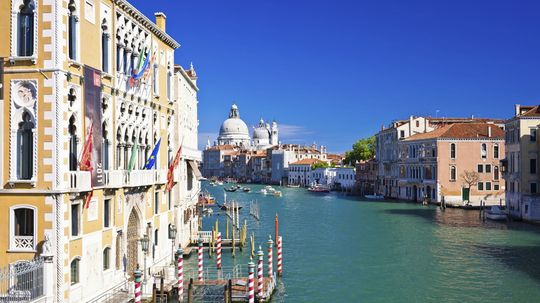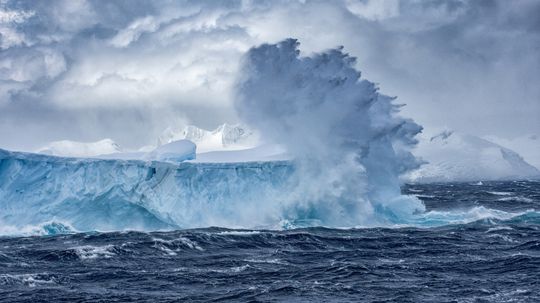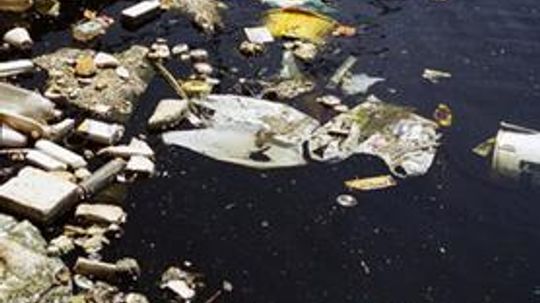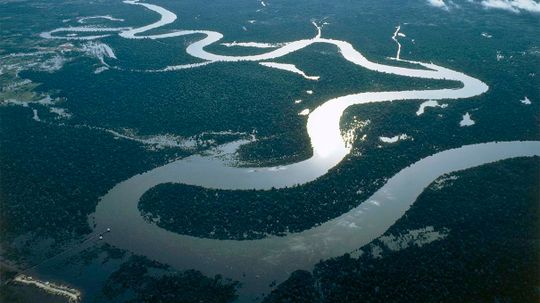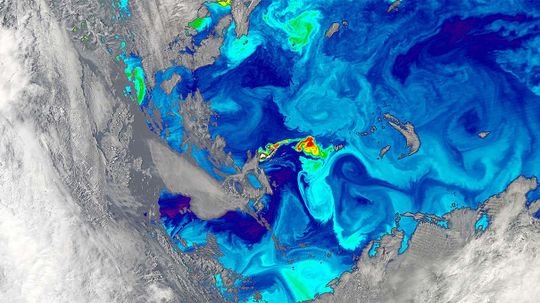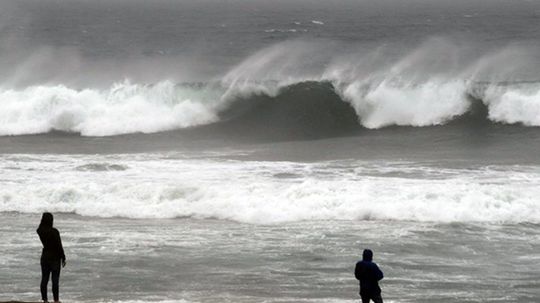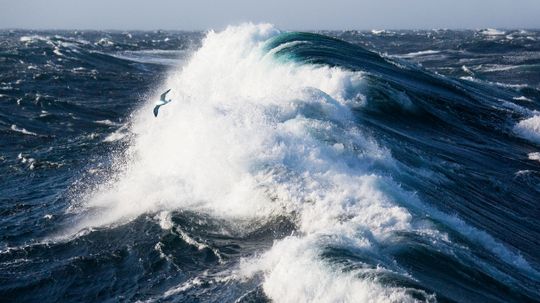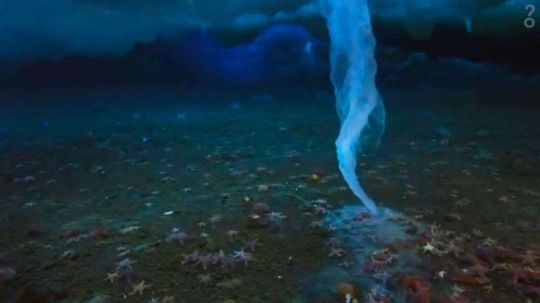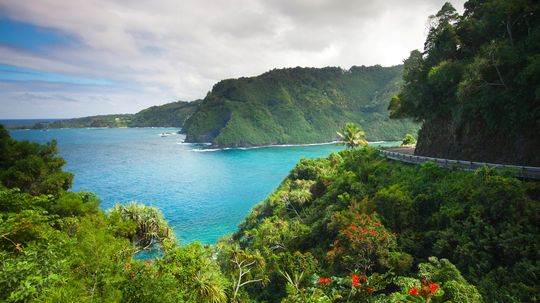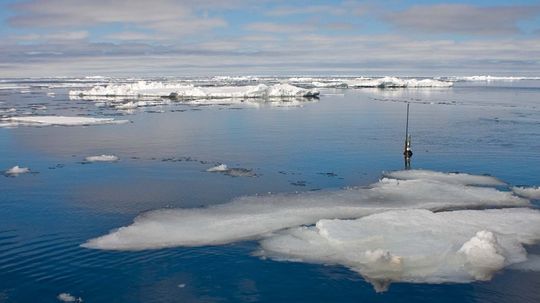Oceanography
Oceanography is the study of the oceans as ecological systems. In this section, learn about topics like currents, deep-sea research or how rogue waves work.

Worldwide Droughts Uncover Ancient Relics, Ruins and Remains

450 Huge Geometrical Earthworks in the Amazon Hint at Past Civilizations

Ancient Egyptians Believed Cats Had 'Divine Energy'

15 Types of Gemstones to Add a Little Sparkle to Your Life
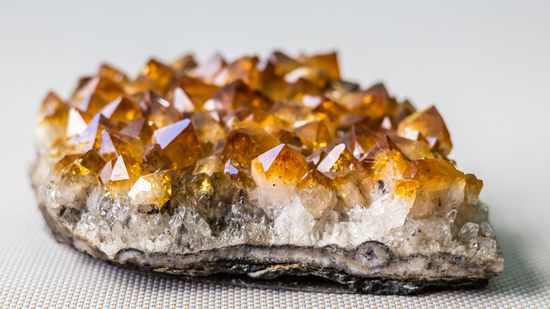
13 Brown Gemstones for Understated Elegance

10 Red Gemstones That Evoke Power and Bold Luxury

10 Longest Rivers in the U.S.: From the Missouri to the Brazos

What Is the Smallest State in the USA? Looking at Area and Population

Venice Isn't Alone: 7 Sinking Cities Around the World
Learn More
Scientists have long been fascinated by the ocean's dynamic nature, where the force of the water collides with atmospheric phenomena to create waves of monumental size.
All that seashell collecting you've been doing actually hurts the environment.
By Mark Mancini
The ocean's depths are one of the most mysterious areas on the planet - and the inhabitants of this murky domain are stranger than anything you'll find on land.
Advertisement
Early explorers drove flags into the ground to claim territories. But no one bothered to float a flag in the oceans. For the most part, we peaceably shared the oceans until we realized what valuable goods could be found in their dark and murky depths.
By Josh Clark
Whether you sail, surf, fish or collect shells, having one of these could help you out before you hit the water.
How do they measure "sea level"? Is it the average of the tides? And is the sea level actually rising or not?
You might never notice the relentless movement of the oceans unless their waters went eerily still. What forces drive the oceans every second of the day?
Advertisement
Rough times call for creative measures. The world is filled with oceans, and oceans are filled with wave energy that could potentially be transformed into power. Is wave energy a viable fossil fuel alternative?
By Jane McGrath
The dead zone, caused by massive amounts of algae growth, is a vast area off the Gulf of Mexico that is deadly to marine life. How is human activity making the dead zone worse?
It's colorless, odorless and definitely life-sustaining, but is it invisible to the naked eye? Not usually. So what's going on with everyone's favorite liquid?
By Robert Lamb
The Great Pacific Garbage Patch is the world's largest landfill, and it can be found in the middle of the Pacific. Millions of pounds of trash collect here.
Advertisement
Also known as "freak waves," these colossal walls of water have been alleged to be in the range of 100 feet or more. Learn what separates rogue waves from other large waves, what causes them and find out about some of the better-known rogue wave incidents.
Desalination has long been considered too expensive and too energy-intensive to make much sense. But with newer technologies, that line of thinking is changing. What are some of the most interesting desalination projects on the planet?
The Southern Ocean has finally been officially recognized, though scientists have known about it for over a century.
The Atlantic Meridional Overturning Circulation, or AMOC, plays an essential role in regulating ocean temperatures, but it looks as if it may be collapsing. What happens next?
Advertisement
The oceans are rising, and they're threatening to take down some of the world's brightest cultural gems. Here are 10 of the most notable spots endangered by climate change.
By Chris Opfer
To say geologic time moves at a snail's pace is an insult to snails. Our planet's continents are always in flux: Could a new ocean grow amid those incredibly slow changes?
The Pacific Ocean trash vortex is explained in this article. Learn about the Pacific Ocean trash vortex.
Ever wondered what's the difference between a river, a stream, a brook and a tributary?
By Amanda Onion
Advertisement
Ocean water is not actually blue, but appears in different shades for many reasons.
By Amanda Onion
Climate change may be melting glaciers, but it's also reducing the oxygen of the world's oceans. Without oxygen, many marine organisms may no longer be able to survive.
The Denmark Strait cataract dwarfs every other waterfall in the world, but you can't see it because it's deep under the Atlantic Ocean.
Underwater icicles, also called brinicles or sea stalactites, form when super-cold brine meets normal seawater. The sub-zero phenomenon can kill some sea life.
Advertisement
It covers more than 30 percent of the planet, and is home to all kinds of sea creatures. What other facts make the Pacific Ocean so amazing?
By Mark Mancini & Yara Simón
NOAA's Argo program distributes floating observatories across the globe. Why? They collect data about the world's oceans that is critical to understanding the planet.
